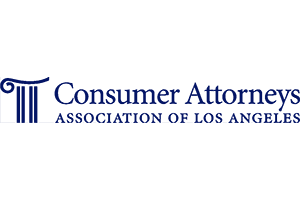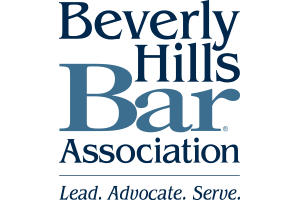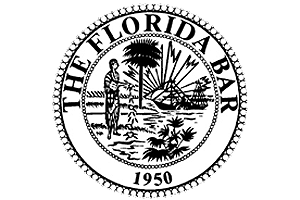In Southern and Northern California
Nursing Home Abuse
Los Angeles Nursing Home Abuse Lawyers
In California, nursing homes are licensed, inspected and regulated by multiple public and private agencies at the state and federal levels. Any facility that accepts Medicare or Med-Cal must: (1) help a patient to attain or maintain their optimal wellbeing; (2) try to make sure the patient doesn’t get worse; (3) maintain and better the patient’s health; and provide care and therapy as chosen by the patient. If you suspect your loved one is being abused at his or her nursing home in Los Angeles, let our experienced injury attorneys help correct the situation and work to obtain compensation for the abuse.
Elder Abuse and Dependent Adult Civil Protection Act
The Elder Abuse and Dependent Adult Civil Protection Act (EADACPA) is one of the laws that help prevent nursing home abuses in California. It allows patients and their family to seek punitive damages and attorneys’ fees for harm done by the nursing home. Abuse under the EADACPA includes physical abuse, abandonment, neglect, isolation, or other conduct that results in physical harm, mental or physical suffering or the deprivation of those things necessary to avoid harm or suffering.
In order to recover for nursing home abuse under EADACPA, your loved one must be an “elder,” which is defined as a California resident 65 years old, or older, or a dependent adult, who is any California resident between 18-64 that is physically or mentally unable to carry out normal activities or protect his own rights. To recover EADACPA remedies such as punitive damages, plaintiff needs to show by clear and convincing evidence that the defendant is liable of physical abuse, neglect, or fiduciary abuse and that the defendant acted with recklessness, oppression, fraud and malice in abusing the elder.
More often, our Los Angeles nursing home abuse attorneys have found that the issue is neglect of an elder in a nursing home, rather than outright abuse. Neglect is the negligent failure of the nursing home and its employees to exercise the care that a reasonable person would offer in the same situation. In some cases, only the individual employee is liable for nursing home abuse, while in other situations the nursing home is also liable. For example, an employee would be liable for secretly punishing an elder with physical abuse for not following orders. A nursing home would be liable for having a policy of allowing employees to punish elders through physical abuse and inadequately staffing a home so that the residents suffered malnutrition, bedsores and failed to receive appropriate medical care for the sores.
In the case of a nursing home employee who commits physical, emotional or mental abuse against a resident, the nursing home, rather than just the employee, can be liable for abuse by showing: (1) the nursing home had advance knowledge the employee was unfit and employed him or her with conscious disregard for others’ rights and safety, (2) the nursing home authorized or ratified the wrongful conduct for which damages are being awarded, or (3) the employer was personally guilty of malice, fraud or oppression. For example, the nursing home could be held liable under a negligent hiring theory if its owner knew that her nephew had been convicted of sexual abuse in the past and nonetheless employed the nephew as a caregiver and the nephew molested a resident.
Rights of Nursing Home Residents
Among other things, California nursing home residents must be provided nutritious food, daily care, hygiene, medical care, and infection and disease control. A nursing home abuse lawyer in Los Angeles can help you hold a facility accountable for violating these rights. The resident or his representative is entitled to choose a doctor, and the nursing home must have a program in place to guard against infection. Nursing home residents are entitled to fully participate in the plan for their care, and must be told in advance about changes in care or treatments.
Staff members at nursing homes are not permitted to physically or emotionally punish residents. This means that, among other things, staff members cannot use physical force, demeaning words, deprivation or denial of access to programs in order to discipline a nursing home resident.
Retain a Nursing Home Abuse Attorney in Los Angeles
When you put a family member in a nursing home, you trust that he or she will be well cared for, but unfortunately many nursing homes are understaffed, resulting in neglect. Some common signs of elder abuse are unexplained fractures or physical injuries, bedsores, dehydration, or malnutrition. If a loved one in a nursing home is exhibiting unexplained injuries such as these and you suspect he or she has been subject to abuse, or if you have been subject to such abuse, let our experienced attorneys bring a lawsuit to recover damages. We represent those hurt in nursing homes in Riverside, Rancho Cucamonga, and Temecula. Contact us at (866) 422-7222 or via our online form for a free, no-obligation consultation.







